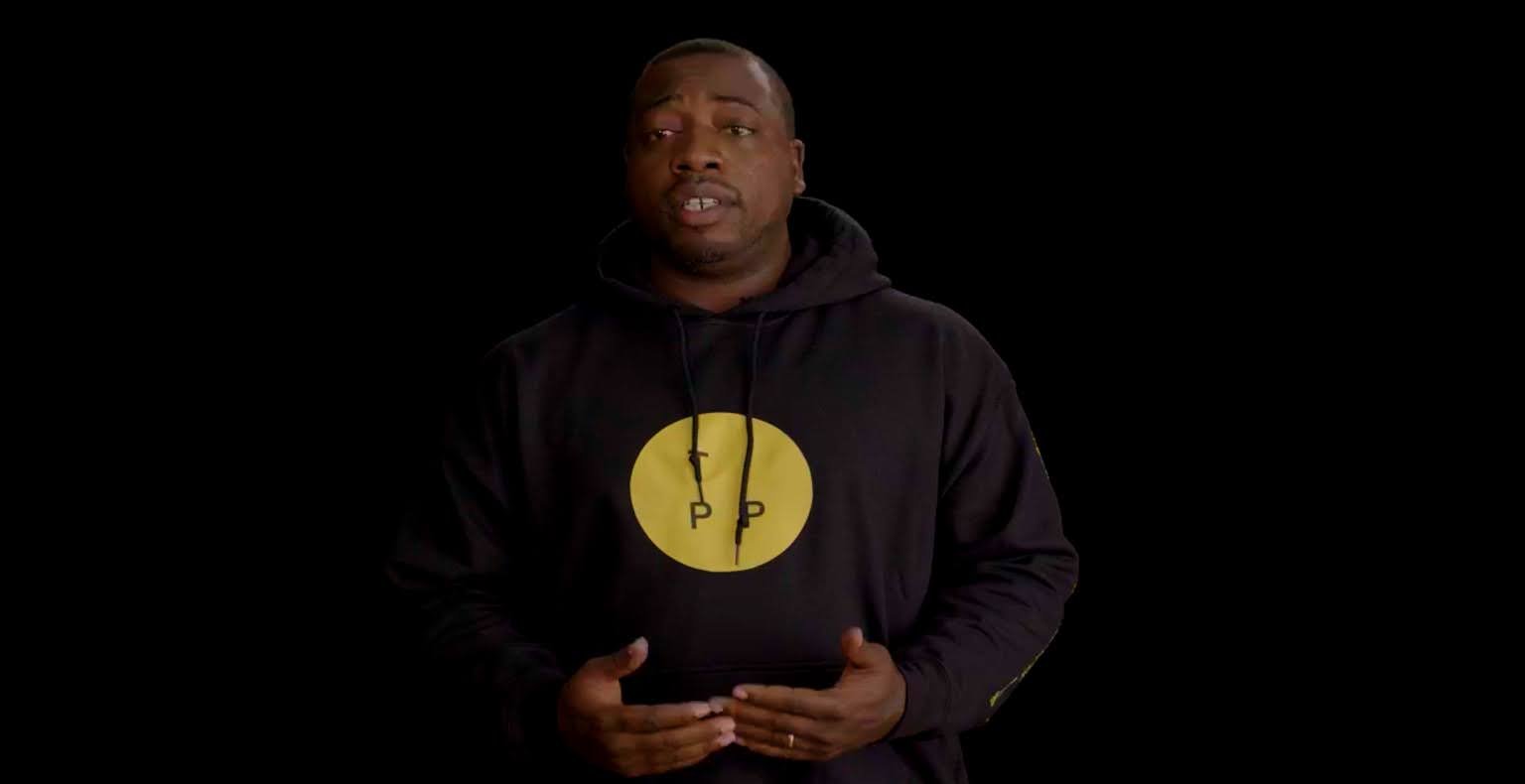How Restorative Justice Fosters Communal Restoration
Emmanuel “Noble” Williams
Boston, MA
Written by Micah Chrisman
As a child, Emmanuel Williams, known by his preferred name, “Noble”, went with his mother to a friend’s house in Boston where they witnessed a murder right in front of their eyes. They had to step over the body to rush to the police station, scared for their lives for what they had just witnessed.
“This was my first interaction with the law. All the police officer cared about was finding the perpetrator. There were no mental health resources or a social worker to support us after what we had just seen,” said Noble. “As years went on, I grew up in the street projects where I continued to see murders, drugs, and gang violence. Because of the environment I lived in and being a young Black man, I was treated like a criminal my whole life. Before I had even committed my first crime, there were so many crimes committed against me first. I remember constantly being stopped and frisked—police going through my pants, underwear, and clothes—because they saw me as a criminal even though I was only in middle school at the time.”
From Noble’s perspective, being treated like an unlawful citizen at such a young age and for so many years, led him to internalize those beliefs about himself. Law enforcement and structural oppression caused him to believe this was the path that they wanted him on, so this was the path that he should take. As years went on, the streets drew him deeper into the criminal life. Noble became the founder of a gang, and in many ways, he felt safer in the streets than in his own home. From there, he continued hustling while simultaneously working two jobs and still going to school. He was charged with his first crime of battery and assault against his stepfather, because he and his mother suffered so much abuse from him.
Noble leading a circle discussion at the Boston Celtics Training Camp
TPP staff at the annual New England
street worker event
Annual Mother's Day walk for peace for mother's who have lost their children to gun violence
“The trauma and PTSD became normal for me, but it shouldn’t have become normal. At 13, I became the bully in the house because I refused to be mistreated and abused any longer,” said Noble. “One time I disrespected my mother, so she called the police on me. When they arrived, they said the only way they could ‘help’ is if I commit a crime first. It goes to show you that the only way to get resources is to commit a crime and be incarcerated when it should be the opposite: getting resources you need so you don’t go to prison.”
Noble was charged and sent to a juvenile detention center where he experienced adults, i.e., prison guards, beating up on incarcerated youth. When he was later sent to state prison as an adult for a separate charge, racism played a major part in re-traumatizing him and other incarcerated individuals. The prison guards, or CO’s, violated him and other Black men’s rights by constantly mistreating them with strip searches, hindering family visits, and instigating fights between incarcerated persons. Being constantly dehumanized within prison, Noble and others realized they had to create their own programming to advance their healing because the justice system was never going to help.
“We had to find a way to make our prison safe, so we came together and started reading Restorative Justice Practice books and holding training sessions with incarcerated men,” said Noble. “The goal was to bring people together for a weekend retreat, which turned into a weekly program that spread to other prison facilities. It grew to the point that we were training law enforcement, lawyers, and judges about restorative justice practices.”
By creating these introspective spaces in prison, Noble and the others were able to give voice to their experiences and traumas that were affecting their lives and choices. It became their healing process. Coming home to Boston after 10 years of incarceration, Noble experienced the lies of “re-entry” support services; in reality, he and so many others realized they were on their own and the system was hedging its bets on them returning to prison.
To resist this cycle of recidivism, Noble made it his life’s mission to support those who were formerly incarcerated by working for the Transformational Prison Project (TPP) as their Senior Director of Programming. TPP’s mission is: “To provide spaces where those who have been harmed and those who have done the harming can come together and engage in dialogue—to build understanding and empathy toward those who have been victims of violent crime. TPP is committed to understanding individual harms and the systemic harms that affect communities, more specifically communities of color.”
“When you look at Noble Williams, this is what Restorative Justice looks like: a healed person healing people. The outgrowth of RJ is that people live out a restorative life and he’s a representation of someone who is living out that life. There is no undoing the harm that people have caused others, but there is moving forward with personal healing and making amends.”
—Armand Coleman, Executive Director of TPP.
Today, Noble leads restorative justice circles, speaks publicly at universities, trains volunteers, and mentors youth through Communities for Restorative Justice, Everyday Boston, and Roxbury District Court’s CHOICE Program. He is a Teaching Assistant at Columbia University’s School of Social Work where he has been leading circles for the past four semesters. He is also a Teaching Assistant for Harvard T.H. Chan School of Public Health. Additionally, Noble co-founded Men Exploring Their Own Obstacles, a curriculum that aims to address toxic masculinity, rape culture, and sexism within organizations, schools, institutions, and government. To learn more about his and TPP’s work, visit, transformprison.org.





